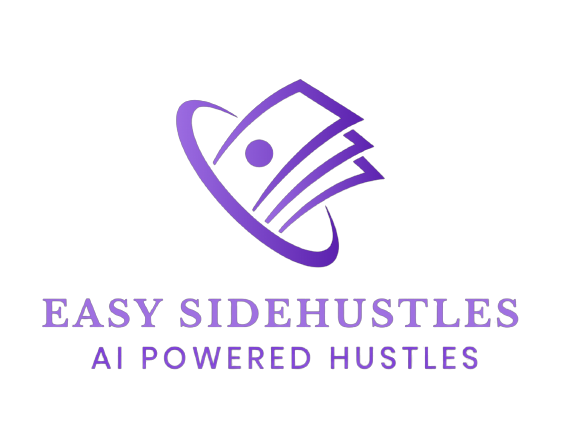Revolutionizing Data Extraction with AI-Based Web Scraping: Unleashing its Power for Efficient Information Aggregation
Introduction
In today’s data-driven world, gathering and analyzing information efficiently is crucial for businesses and individuals alike. However, manually extracting data from websites can be time-consuming, tedious, and prone to errors. This is where AI-based web scraping comes into play, revolutionizing data extraction processes and unleashing its power for efficient information aggregation. In this article, we will explore the benefits, applications, and tips for implementing AI-based web scraping tools to enhance workflows and boost productivity.
What is AI-Based Web Scraping?
AI-based web scraping is a technique that utilizes Artificial Intelligence algorithms and machine learning models to automate the extraction of data from websites. Traditional web scraping methods involve writing custom scripts and rules to scrape specific websites, which can be challenging and time-consuming. However, AI-based web scraping tools leverage the power of machine learning to automatically identify and extract relevant data from web pages with minimal human intervention.
Benefits of AI-Based Web Scraping
1. Time Efficiency: With AI-based web scraping, processes that used to take hours or even days can now be completed in a matter of minutes. Automation eliminates the need for manual extraction, allowing users to focus on more important tasks while the AI tool handles the data gathering process.
2. Accuracy: Manual data extraction is prone to errors, such as typos or missed information. AI-based web scraping tools, on the other hand, can extract data with high accuracy, reducing the risk of human-made mistakes and ensuring reliable results.
3. Scalability: AI-based web scraping tools can scale effortlessly to handle large amounts of data from multiple sources simultaneously. This scalability enables businesses to collect and aggregate vast quantities of information efficiently, giving them a competitive edge in decision-making and market analysis.
Applications of AI-Based Web Scraping
1. Market Research: AI-based web scraping enables businesses to gather real-time data from various sources, such as competitor websites, customer reviews, and social media platforms. Analyzing this data helps businesses gain insights into market trends, consumer preferences, and competitor strategies, facilitating informed decision-making and improved marketing campaigns.
2. Lead Generation: Web scraping tools can extract contact information from websites, allowing businesses to build a database of potential leads. These leads can then be targeted for sales and marketing campaigns, increasing customer acquisition and revenue generation.
3. Price Monitoring: E-commerce businesses can utilize AI-based web scraping to track prices of products across different online platforms. By continuously monitoring competitor prices, businesses can adjust their pricing strategies for better competitiveness and maximize profits.
4. Content Aggregation: News websites and content creators can leverage web scraping tools to aggregate relevant articles and blog posts from various sources. This enables them to curate valuable content for their audience and stay up-to-date with industry trends without manually searching multiple websites.
Implementing AI-Based Web Scraping: Tips and Best Practices
1. Choose the Right Tool: There are several AI-based web scraping tools available in the market. It’s important to choose a tool that suits your specific needs, taking into account factors such as ease of use, compatibility with different websites, and the ability to handle complex data structures.
2. Respect Website Policies: Websites have terms of service and policies governing data scraping. It’s essential to ensure that the web scraping tool you use abides by these policies to avoid any legal complications or ethical concerns. Always obtain explicit permission from website owners if necessary.
3. Use Proper Parsing and Cleaning Techniques: Web pages often contain unstructured and messy data. To extract meaningful information, it’s crucial to use appropriate parsing and cleaning techniques. Regular expressions, HTML parsing libraries, and natural language processing algorithms can help organize and clean the scraped data effectively.
4. Monitor and Update Scraping Rules: Websites frequently undergo changes in their structure and content. Regularly monitor and update your scraping rules to accommodate any modifications or additions to the website. This ensures the extraction process remains accurate and reliable.
Conclusion
AI-based web scraping is revolutionizing the way we extract, aggregate, and analyze data from websites. Its time efficiency, accuracy, and scalability make it an invaluable tool for businesses and individuals seeking efficient information aggregation. From market research to lead generation and content aggregation, the applications are vast. By following best practices, choosing the right tools, and respecting website policies, users can leverage AI-based web scraping to enhance their workflows, make data-driven decisions, and gain a competitive advantage in their respective industries. Embrace the power of AI-based web scraping and unlock a world of efficient information extraction.


